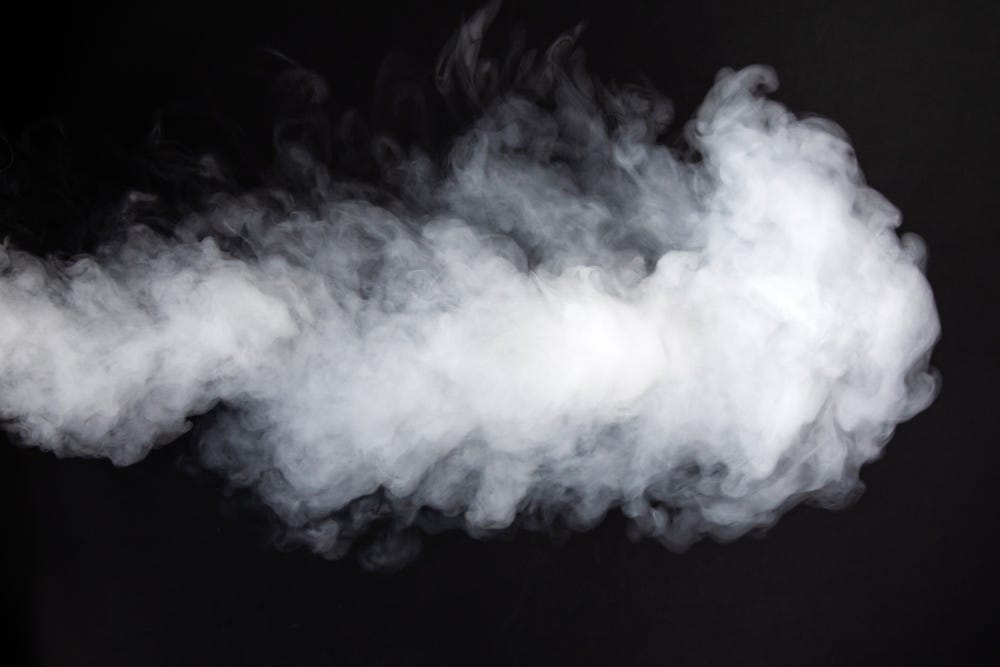E-Pluribus | March 23, 2022
Why the freedom to argue about free speech is important, the lack of accountability in the Hunter Biden laptop debacle, and the real impact of "diversity" requirements on college admissions.
A round up of the latest and best writing and musings on the rise of illiberalism in the public discourse:
Cathy Young: Our Nasty, Stupid, Frivolous Cancel Culture Fights (That We’re Lucky Enough to Have)
At The Bulwark, Cathy Young has found the pony in the pile of manure that is cancel culture discourse. While concerns about freedom of speech and open, civil dialogue is thoroughly justified, we should not lose sight of the fact that we are still free to have even silly quarrels when we consider the authoritarianism that plagues much of the world these days.
What people have in mind when they talk about today’s culture of intolerance is more like the case of New York Times star science writer Donald McNeil, pressured to resign after a scandal stemming from a conversation with high school students in which he uttered a racial slur in the context of discussing whether someone should be punished for using it. Or the coerced resignation of Philadelphia Inquirer editor Stan Wischnowski, who had published an article arguing that property destruction from rioting associated with anti-racist protests was damaging to the community and used a headline some considered disrespectful to the Black Lives Matter movement (“Buildings Matter Too”). Or the controversy early in 2020 over the novel American Dirt by Jeanine Cummins, which was written to humanize the plight of migrants on the Mexican border but was viciously denounced because the author was too white, may have gotten some details wrong, and wrote two or three lines referencing a character’s brown skin—resulting in the cancelation of Cummins’s book tour.
In a Bulwark article last October, I discussed a fairly wide range of such cases, all involving “retaliation” and not just “criticism,” targeting business owners (whose only crime may have been an insufficiently enthusiastic expression of support for BLM during the protests in the summer of 2020), educators, writers, and TV personalities. I could easily list many more. Obviously, hard data are difficult to come by on an issue like this, considering that visible “cancelations” are the tip of the iceberg and it’s the chilling effect that may matter most. But, despite the flaws in the Times poll, the fact that nearly half of the respondents said they felt “less free” than ten years ago to express their political viewpoints in day-to-day situations, and more than a third felt less free to express their views on race relations, should be alarming.
[ . . . ]
Nonetheless, the culture of free speech and intellectual tolerance does matter, and the free exchange of opinions and ideas that is the lifeblood of liberal democracy can be severely curtailed by mob rule as well government—even if the mob is a digital one. Progressive censoriousness may not be the same as censorship, but it is very likely to undermine the robustness of First Amendment protections: Surveys already show that only 30 percent of all college students, compared to 57 percent of all American adults, understand that the First Amendment protects so-called hate speech. (Ocasio-Cortez’s dismissive remark about “[F]irst [A]mendment screeds” as a “service for the powerful” doesn’t exactly foster respect for First Amendment freedoms.)
Read the whole thing.
Gerard Baker: Hunter Biden’s Laptop and America’s Crisis of Accountability
Shortly before the 2020 election, many in the media and Big Tech downplayed and outright censored the New York Post’s story on the laptop and emails it contained that Hunter Biden abandoned in a computer repair shop. At the Wall Street Journal, Gerard Baker laments the lack of accountability for those complicit in burying the story.
We’ll never know what effect the “October Surprise” of 2020, the New York Post’s reporting of the discovery of a laptop belonging to Hunter Biden containing all sorts of embarrassing emails, might have had on the election that year if it had received wider circulation. Perhaps in a campaign dominated by Covid and characterized by chaos, it would have been another snowflake in the blizzard of news voters were being hit with.
[ . . . ]
It took its time, but last week the New York Times slipped the acknowledgment of the story’s accuracy deep in a report about Hunter Biden’s mounting legal problems. The Times, along with most other mass-circulation news organizations, had essentially ignored the story in the days when it might have made a difference, but it now says it has “authenticated” the laptop’s contents.
The concession from the paper, which serves as a sort of unofficial licensing authority for reporting by most of the rest of the media, prompted a predictable rush to self-vindication by those who had also trashed the story at the time. The Washington Post insisted its original decision not to touch it was justified because of uncertainty about its provenance.
Normally, when there is doubt about the provenance of an explosive story, news organizations consider it their job to ascertain the truth. Normally, it takes them less than 17 months to do so. But normally they don’t have the cover provided by technology companies that prevented people from reading the original story.
Read it all here.
Andrew I. Fillat and Henry I. Miller: Diversity Smokescreen
Although the comparison of diversity requirements for college admissions to reparations is sure to ruffle feathers, Andrew Fillat and Henry Miller argue at City Journal that their contention makes sense in light of the well-documented failure of such policies to live up to their promise. Whatever the good intentions, the harm done to individuals and to the primary education mission of such institutions does not justify the cost.
If universities stuck to their traditional priorities, the admissions criteria that matter most would be academic achievement and potential. Diversity of the student body would pertain only to socialization, the lowest of the educational priorities. Diversity of ideas and interests, however, contributes to higher-priority goals and thus deserves far more consideration than it gets. An applicant who designs robots or rockets, did an internship in an R&D lab, or wrote a published critical essay in high school should win extra points.
If racial preferences in admissions aren’t furthering the mission of a university, what are they doing? They become, effectively, a form of reparations, providing the potential “ticket” of a diploma to individuals who would otherwise have been deprived of that benefit based purely on academic merit. After all, a degree, particularly from a prestigious university, confers a lifetime benefit in terms of economic and other factors.
Though the idea of reparations to persons who have been wronged, as in restitution for theft, may have some justification, current university practices are different. They are a form of compensation (to the less-qualified students admitted) for past injury, given at the expense of those who bear no responsibility for the injury (the more qualified but rejected candidates). This is not “social justice,” or any kind of justice, which is correctly defined as the fair treatment of individuals.
The deeper question for the Supreme Court to decide in the battle over racial preferences is thus whether a university, private or public, should be allowed to dispense de facto reparations, even if existing law suggests that it is not permissible. This is essentially a preview of the sure-to-be contentious arguments that would arise if the federal government dispensed racially based reparations in monetary form to compensate for long-past injuries—something that California is actually considering. Thus, the Supreme Court’s ruling could affect many people beyond college applicants.
Read it all.
Around Twitter
Via the Foundation Against Racism and Intolerance, a short thread about a school board’s treatment of a concerned grandparent:
Conor Friedersdorf commented yesterday on a University of Virginia student newspaper editorial condemning a campus visit by former vice president Mike Pence. New York Times opinion columnist Jamelle Bouie took issue with Friedersdorf’s remarks. Excerpts of their back-and-forth are below:
And finally, as I noted on Twitter last night, it did not take long after my Hyperbolic Discourse Is Literally Destroying Democracy essay went live for my thesis to receive support. And yes, he is serious.










